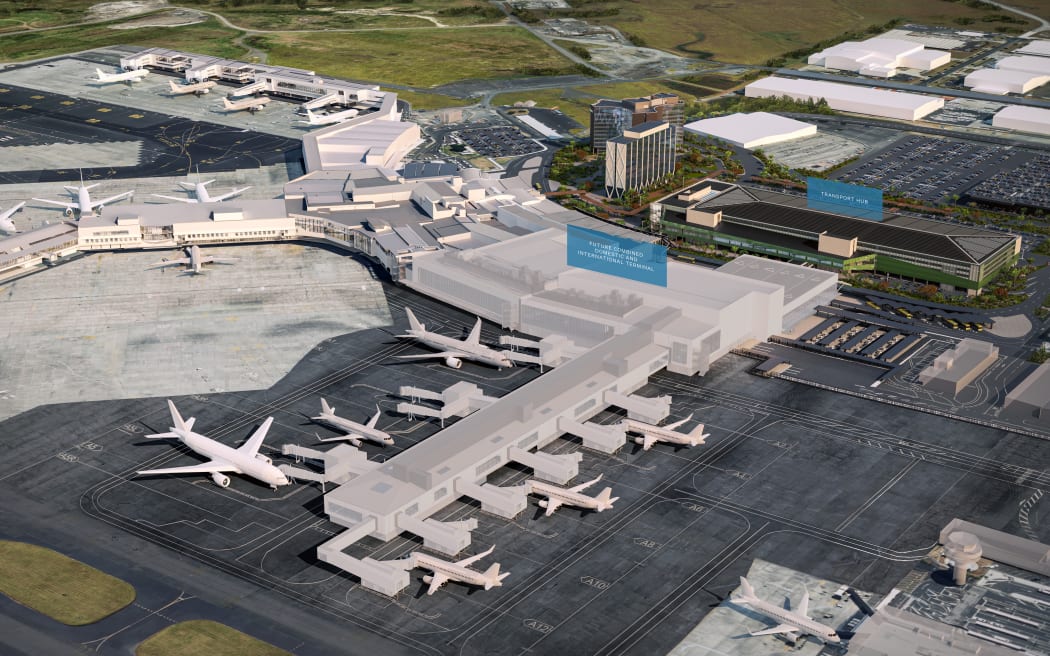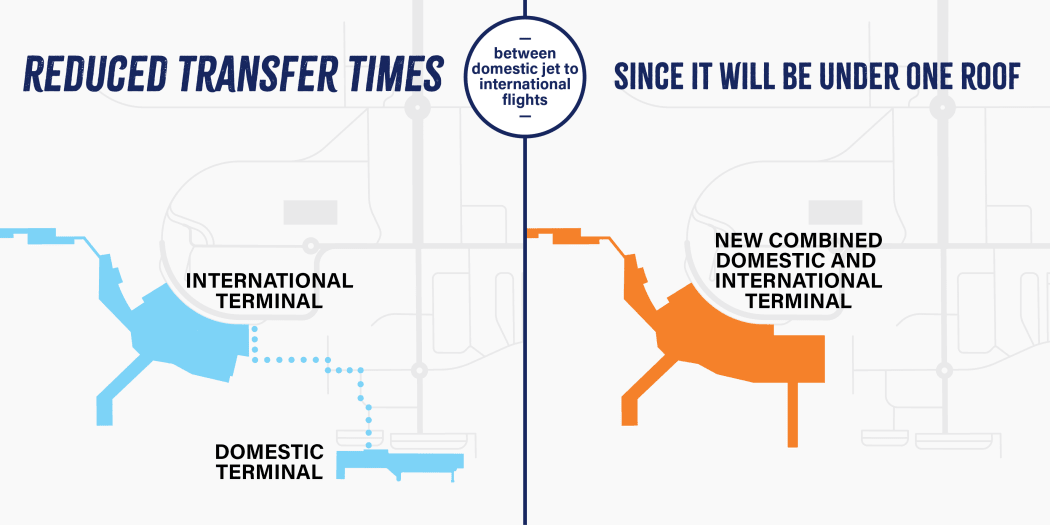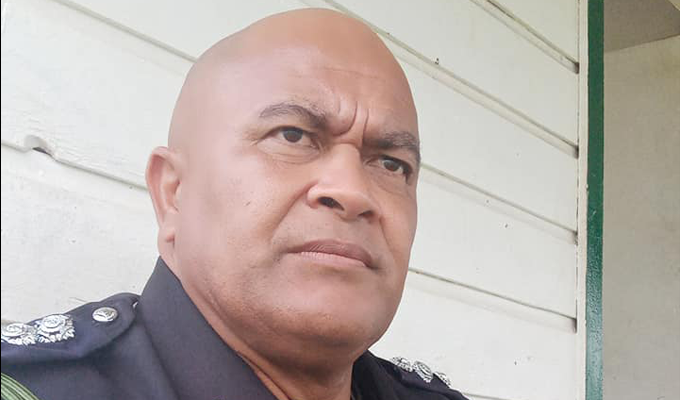‘Oku taupotu ‘i lalo ha fakamatala fakaTonga
As the Covid-19 epidemic continues to affect our lives, it is important that people make decisions about how to respond based on facts rather than opinions.
Talking to people in our community, we know that some people are still worried about vaccinations. Some of them have been confused and taken advantage of by people pushing conspiracy theories and saying untrue things about vaccines.
To begin with, it is important for people to know the difference between a fact and an opinion.
Facts are things that can be proven to be true.
An opinion is a view or judgement formed about something, not necessarily based on fact or knowledge.
You can see something and think you know what is happening, but sometimes you need specialized training and education to know what is really happening. If you don’t have that training, education or experience, you have to ask somebody who does and to trust that what they say is true.
This is what the New Zealand Ministry of Health says:
“The COVID-19 vaccines available in New Zealand – Pfizer and Novavax – stimulate your body’s immune system to produce antibodies and train special cells that will fight the virus if you’re exposed to it.
The vaccines help prevent you from getting infected, having COVID-19 symptoms, or severe illness. This means you could have no COVID-19 symptoms or will have much fewer, milder symptoms and recover faster.
The Pfizer vaccine cannot give you Covid-19.”
These are facts. They have been tested and proven to be true.
However, some people still do not want to be vaccinated. Kaniva News has been talking with them. Here is what we found:
When asked why they opposed the vaccine, people said it was because one or some members of their family had been vaccinated and then experienced fever, headache, tiredness, or loss of appetite.
They said they had no doubt this was caused by the Covid vaccine and therefore the vaccine was bad and it was the cause of these side effects. When asked whether they had a professional health background or had studied medicine, they said no. In other words, their claims had no validity and were just the product of their own opinion based on what they saw.
What they shared with Kaniva News was an opinion, not something based on facts or knowledge.
If they wanted the facts they needed to talk to a doctor who has the experience, qualification and the proper equipment to help them identify the true cause of their relatives’ reactions to the Covid.
Some people suffer from side effects from vaccines. Doctors always warn their patients to be aware that they may feel ill after taking the dose.
Some people who spoke to Kaniva News said they did not believe in the vaccine and instead prayed to God to destroy the vaccine and those who had created it. When told that most Christians and members of other religions had prayed to God to give us the vaccine, they did not accept it.
Some people have claimed that the fact that the vaccines are distributed by the government means that Judgement Day is approaching.
It would be good for these people to think about how many times self-proclaimed prophets have declared that the end is nigh, only for the sun to rise as normal the next day.
It would also be useful to remember that Revelations 3:3 says specifically: “Thou shalt not know the hour at which I shall come.” In other words, nobody is meant to know when Judgement Day is meant to come.
We respect various religions and their beliefs, but we can’t use them as a tool to address our health problems. We must rely on science and doctors to treat our illnesses with the proper medicine.
If you cannot talk to a doctor, then there are plenty of good websites set up by the New Zealand government to provide information about Covid-29 and the vaccines. Some of this information is in Tongan: https://www.mpp.govt.nz/emergency-response/covid-19/covid-19-vaccination/vaccinations-and-boosters/ You can find information of the vaccine here: https://www.mpp.govt.nz/emergency-response/covid-19/covid-19-vaccination/
FAKAMATALA FAKATONGA
Koe’uhi ‘oku kei hokohoko atu pe to’umahaki Koviti 19 ‘o ne uesia ‘etau mo’ui ‘oku mahu’inga ki he kakai kef ai ‘enau tu’utu’uni ki he anga hono fakafepaki’i ‘o makatu’unga ‘i he mo’oni’i me’a ‘oku lava fakamo’oni’i’ kae ‘ikai ko e fakakaukau.
Ne fai ‘a e talanoa ki he kakai ‘i hotau komiunitii pea mahino ‘oku kei ‘iai pe kakai ‘oku kei hoha’a pe ki he mo’oni ‘o e huhu malu’i’. Ni’ihi ‘o kinautolu nau filingaua pea ‘oku ma’u faingamalie ai ‘a e kakai ko eni ‘oku nau tu’uaki ‘a e ngaahi conspiracy theories pe fakakaukau hala mo ta’emo’oni kau ki he huhu malu’i.
Ke tau kamata’aki, ‘oku mahu’inga ki he kakai ken au ‘ilo ‘a e faikehekehe ‘o e mo’oni (facts) mo e fakakaukau (opinion).
Ko e fact pe mo’oni ko ha me’a ia ‘e pau ke lava ‘o fakamo’oni’i ‘oku mo’oni.
Ko e fakakaukau ko e anga pe vakai pe fakamaau’i ha me’a ‘o ‘ikai fiema’u ia ke makatuunga ‘i he fact pe ‘ilo.
‘E lava ke ke sio ki he me’a pea ke fakakaukau ‘oku ke ‘ilo ‘a e me’a ‘oku hoko’, kae taimi ‘e ni’ihi ‘oku fiema’u ‘a e taukei makehe ia pe ha taha ne ako’i pe ako faka’atamai ke fakahinohino ‘a e me’a mo’oni ‘oku hoko’. Kapau na’e ‘ikai ke ma’u ‘a e ako pe ako faka’atamai pe taukei ko ia’, kuopau k eke ‘eke ki ha taha ‘oku ne ‘ilo pea ke falala ko e me’a ‘oku nau lea’aki ‘oku mo’oni.
Ko e me’a ia ‘oku leamai ‘aki ‘e he Potungāue Mo’ui ‘a Nu’u Sila’.
“’Ko e huhu malu’i Koviti 19 ‘oku ma’u ‘i Nu’u Sila – Pfizer mo e Novavax – ‘oku ne faka’ai’ai ‘a e ‘imiuni sisitemi ho sino ke ne tuku mai ha ‘enitipoti pea ngaahi sela kuo ako’i makehe ken au fuhu’i ‘a e vailasi ‘oku ne ma’u koe”.
‘Oku tokoni ‘a e vekisini ke malu’i koe mei he pihia pe ma’u ‘a e faka’ilonga ‘o e Koviti 19, pe puke lahi. ‘Oku ‘uhinga ‘eni, ‘e ‘ikai ha faka’ilonga ‘oku ke ma’u ‘a e Koviti-19 pe ma’u si’isi’i pe, vaivai pe faka’ilonga mo vave ha’o sai.
‘Oku ‘ikai lava k eke ma’u ‘a e Koviti 19 mei he huhu malu’i Koviti 19.
Ko e ngaahi mo’oni ‘eni pe facts. Kuo ‘osi sivi ia pea fakamo’oni’i ‘oku mo’oni.
Neongo ia ‘oku kei ta’efiehuhu malu’i pe ‘a e kakai ‘e ni’ihi. Na’e talanoa ‘a e Kaniva’ mo e kakai ko eni pea ko e anga ‘eni ‘enau lau’.
‘I he taimi na’e ‘eke ai pe ko e ha ‘oku nau fakafepaki’i ai ‘a e huhu malu’i pehe ‘e he kakai’ ni ne ‘i ai honau famili ne huhu malu’i pea nau mofi, tokotokakovi’ia, langa’ulu, hele’aia mo ‘ikai fiekai.
Na’a nau pehe ‘oku ‘ikai ha’anau toe veiveiua ko e fakatupu ‘eni ‘e he huhu malu’i Koviti pea ko ia ai ‘oku kovi ‘a e huhu malu’i. I hono eke ange pe ne ‘i ai ha’anau ako ki he mo’ui pe ako ki he faito’o, ne nau pehe ‘ikai. Ko hono fakalea ‘e taha, ko ‘enau taukave hala’ ‘oku ‘ikai hano makatu’unga mo’oni pea ko e ola pe ia ‘enau fakakaukau makatu’unga he me’a ne nau sio ki ai.
Ko e me’a ko ee ne nau vahevahe mai moe Kaniva ko e fakakaukau ‘ikai ko ha me’a ne peisi ‘i ha mooni pe ‘ilo.
Kapau na’a nau fiema’u ke ilo ‘a e mo’oni na’e fiema’u ia ken au talanoa ki ha toketa pe taha taukei, ma’u tu’unga fakaako mo nau ma’u ‘a e me’angaue totonu ke tokoni kia kinautolu ke nau lava tala ‘a e tupuanga totonu e toe fakafetau ‘a e sino ‘a honau famulu ki he huhu malu’i.
Oku puke ni’ihi mei he saiti ‘ifeki ‘o e huhu malu’i. Oku fakatokanga ma’u pe ‘a e kau toketaa ki he kau mahaki ken au tokanga ‘e lava ken au ongoi puke ‘i haanau huhu malu’i.
Kakai e niihi ne nau talanoa mo e Kaniva nau pehe na’e ikai ken au tui ki he faito’o huhu malu’i ko ia ai ne nau lotu ki he ‘Otua ke faka’auha e faito’o pea mo kinautolu ne nau fa’u. Ko e taimi ne tala ange ai ne lotu mo e kau Kalisitiane tokolahi mo e kakai he ngaahi lotu kehe ki he Otua ha huhu malu’i, na’e ‘ikai ke nau tali ia ‘enautolu.
Pehe ‘e he ni’ihi ko hono tufaki ko eni e he puleanga ‘a e huhu malu’i ‘oku ‘uhinga ia kuo vahe ‘a e ‘aho fakamui’.
‘E lelei ki he kakai ko eni ke fakakaukau ko e tu’ofiha eni e kikite ‘a ha kau palofita taautaha o pehe kuo ofi a e ‘aho fakamui ka e hala ‘ata ke hoko.
Oku toe mahuinga ke manatu’i ‘i he tohi Fakahaa 3:3 oku pehe ai ‘e ‘ikai ilo ‘a e taimi mo e houa e hoko mai ai. I hono fakalea ‘e taha ‘e ‘ikai ha taha ia te ne ilo ‘a e taimi e hoko ai a e aho fakamui’.
‘Oku tau fakaapaapa’i a e gaahi tui lotu kehekehe ka ‘e ‘ikai ke tau fakaaongai e tui fakalotu ko ha me’angaue ia ke solova’aki ‘etau palopalema fakaemo’ui. Kuo pau ke tau fakafalala pe ‘i he saienisi mo kau toketaa ke faito’o ‘etau puke ‘aki ‘a e faitoo totonu.









